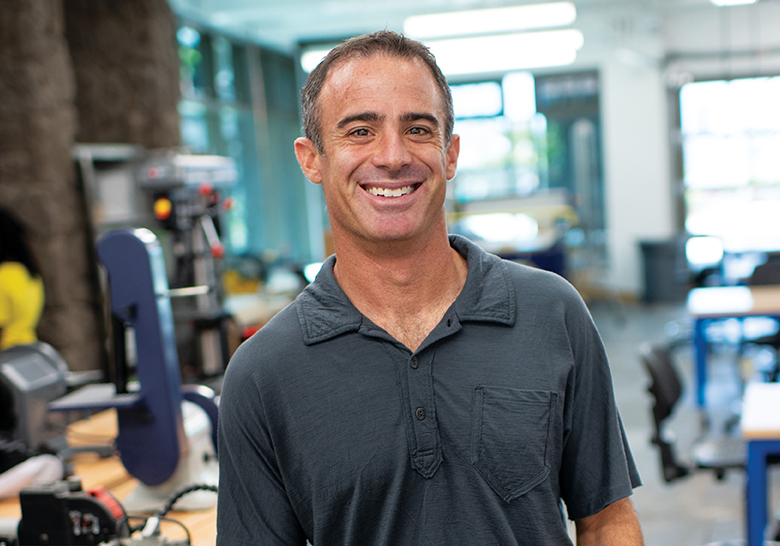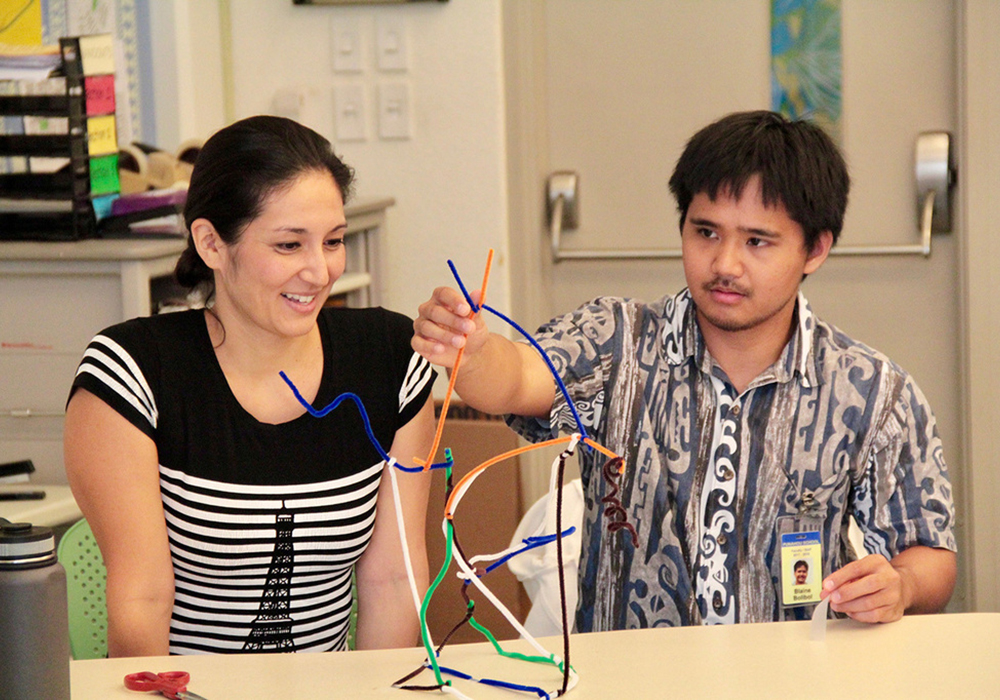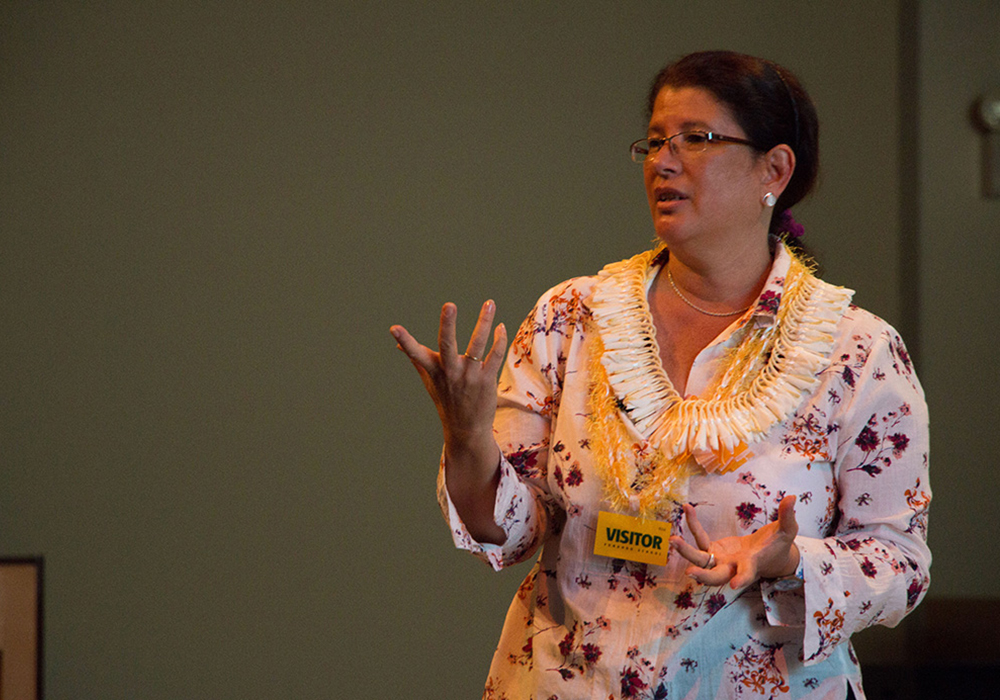
True or false? People only use 10 percent of their brain. Multitasking is possible. Some people are more “right-brained” while others are “left-brained.” All these statements are false!
Tracey Tokuhama-Espinosa, author of “Mind, Brain, and Education,” returned to campus this month to carry on the conversations started at last year’s Brain Symposium around Mind Brain Education. Her main goal was to continue to debunk prevalent misperceptions, like the “neuro-myths” mentioned above, and offer instructional approaches that align with the science of how the brain functions. During her week-long visit, Tokuhama-Espinosa spoke to administration, faculty, students and parents through keynote addresses, one-on-one meetings, workshops and via classroom observations.
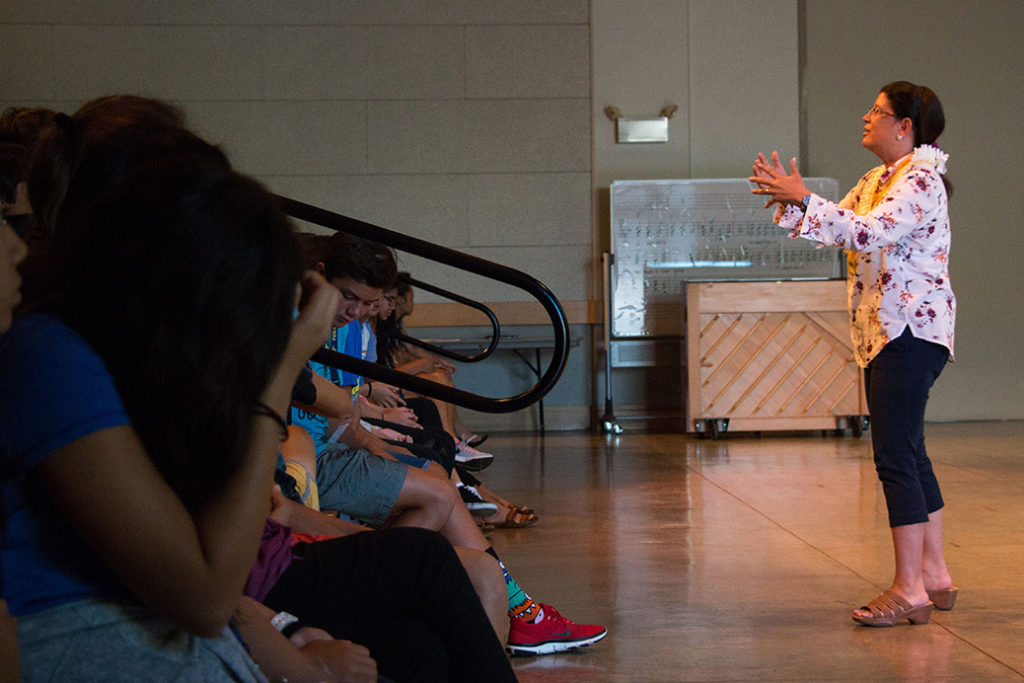
Tokuhama-Espinosa is a leader in the field of a teaching philosophy that incorporates research from psychology and neuroscience. Advances in brain imagining have resulted in a clearer understanding of neuroscience, and Tokuhama-Espinosa is equipping teachers and others with new knowledge that boosts learning through a better understanding of the brain’s functions.
Debunking common myths surrounding the brain can help students achieve greater success in school. According to research, students’ own perceptions of themselves as learners has the most influence on their learning. Therefore, if a student believes he or she isn’t a math person, for example, this can become a self-fulfilling prophecy.
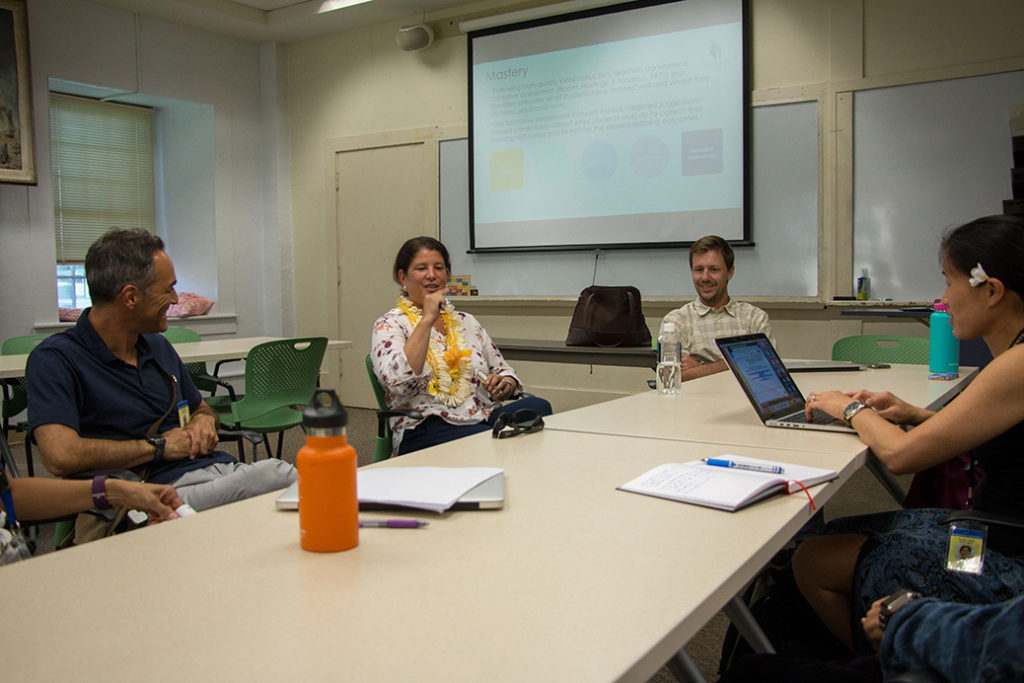
Tokuhama-Espinosa provides a counter to that. “You are not trapped by your biology, you can do whatever you want with that gray mass up there,” she explained during a student assembly in the Case Middle School. “There is no ‘critical time’ to learn certain things,” she said, “and anyone can be trained to improve their memory.”
Another point Tokuhama-Espinosa stressed is that the role of a teacher is “to elevate levels of thinking, not provide answers. Students can learn all the facts they want on the internet for free.” Instead, she encourages teachers to ask questions that help students get closer to finding the answer themselves, in essence, modeling for them valuable metacognition practices.
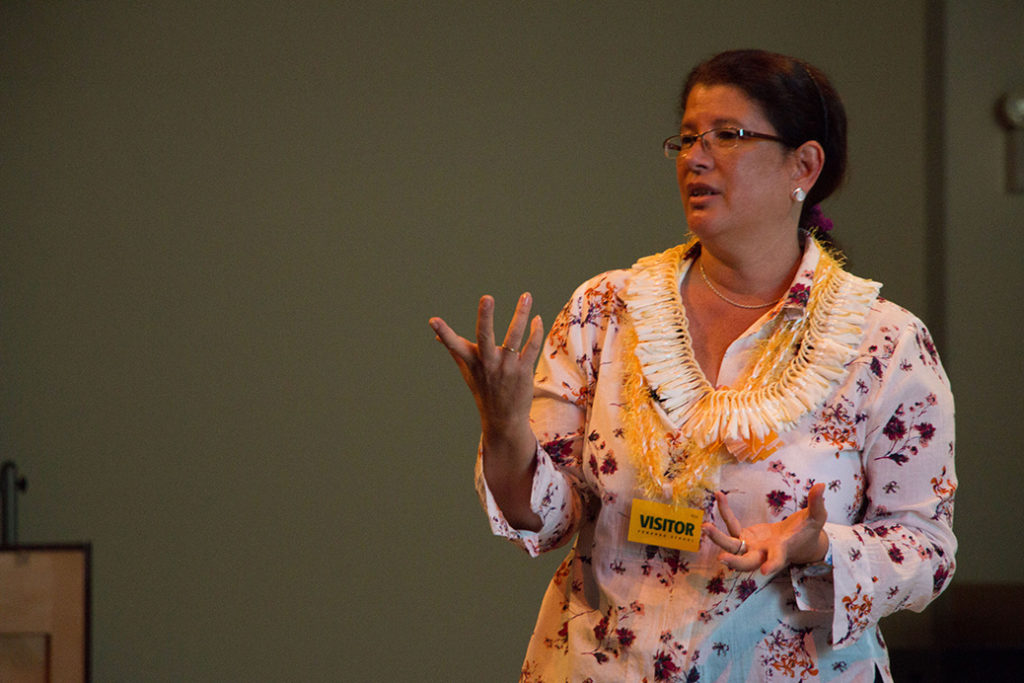
Metacognition and self-reflection are also important aspects of assessment that aren’t based on grades. In a meeting with Academy English faculty who are exploring alternate forms of assessment beyond traditional grading, Tokuhama-Espinosa suggested partnering with students in developing evaluation criteria so that students can have a say in evaluating their learning and also that the criteria for success is transparent.
“It is a powerful way to teach,” said Tokuhama-Espinosa, “when students end up thinking ‘I did that myself.'”

